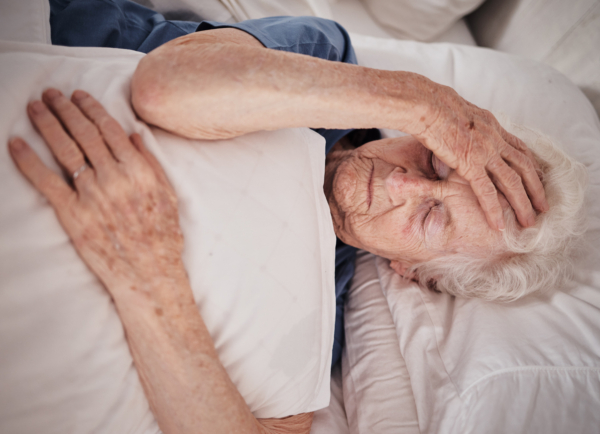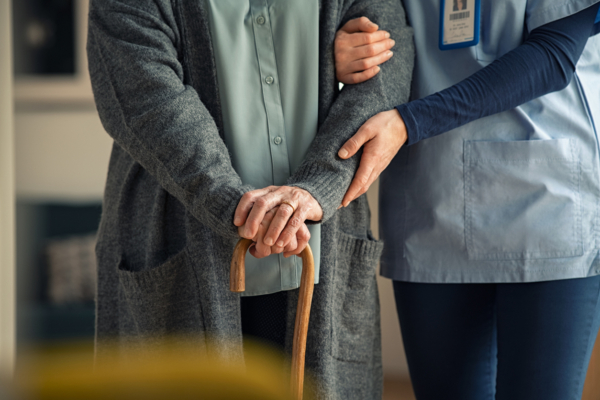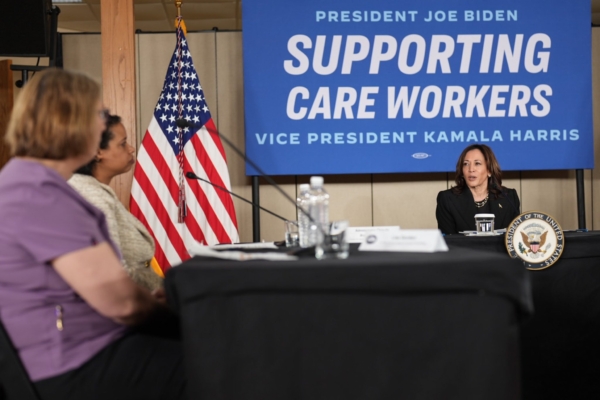
The Biden administration is out with historic, new rules designed to improve elder care — and protect caregivers. The first rule, issued last week, requires all nursing homes to provide 3.5 hours of daily care per patient by certified nurses’ aides or nurses. Up to now, there has been no minimum federal staffing requirement. Staffing levels were regulated only by the states, insufficiently in many cases.
“We do think this could make a significant difference in the lives of our loved ones in nursing homes,” says Anne Montgomery, NCPSSM’s senior health care expert. “It means that there is a uniform standard that it is meant to protect residents wherever they may be — across the country.”
U.S. nursing homes remain beset by patient care problems in the aftermath of the COVID pandemic, when more than 200,000 residents and staff perished. In February, the New York Times reported that “infection control lapses, severe staffing shortages and lowering vaccination rates have continued to plague many facilities beyond the pandemic.”
Montgomery says that the administration’s new minimum staffing rule should help boost patient care and working conditions — and hopefully, morale, too — for professional caregivers in nursing homes. She says that caregiver turnover rates in the nation’s nursing homes runs from 50-100% per year, contributing to a nationwide staff shortage.

“Constant understaffing requires nursing aides to care for as many as 20-30 residents at a time, which is not doable in any kind of quality way,” says Montgomery. She points out that the 3.5 hour per patient daily staffing requirement is below the 4.1 hours that federal studies have found to be the minimum to ensure quality care, but that the new rule is a step in the right direction and probably the best the Biden administration reasonably could do at this time.
A New Rule for Home and Community Based Caregiving
HHS released a second rule last week aimed at channeling more federal money toward professional caregiver pay. The rule affects Home and Community Based Services (HCBS), which is paid for by Medicaid on a state-by-state basis. Under the new rule, 80% of the funding that state Medicaid programs pay HCBS providers must go directly to direct caregivers’ salaries.

Vice President Harris with caregivers in Wisconsin last week
Montgomery says that up to now too much of that funding has gone toward providers’ administrative or “overhead” expenses — or skimmed off the top by for-profit operators. “The new rule will bolster direct care workers because they are underpaid and under-appreciated. We’re glad that the federal government has taken notice — and is taking action to improve their lot.”
“It is about time that we start to recognize your value and pay you accordingly and give you the structure and support that you deserve,” Vice President Kamala Harris told a small group of care workers in Wisconsin, shortly after announcing the new rule.


